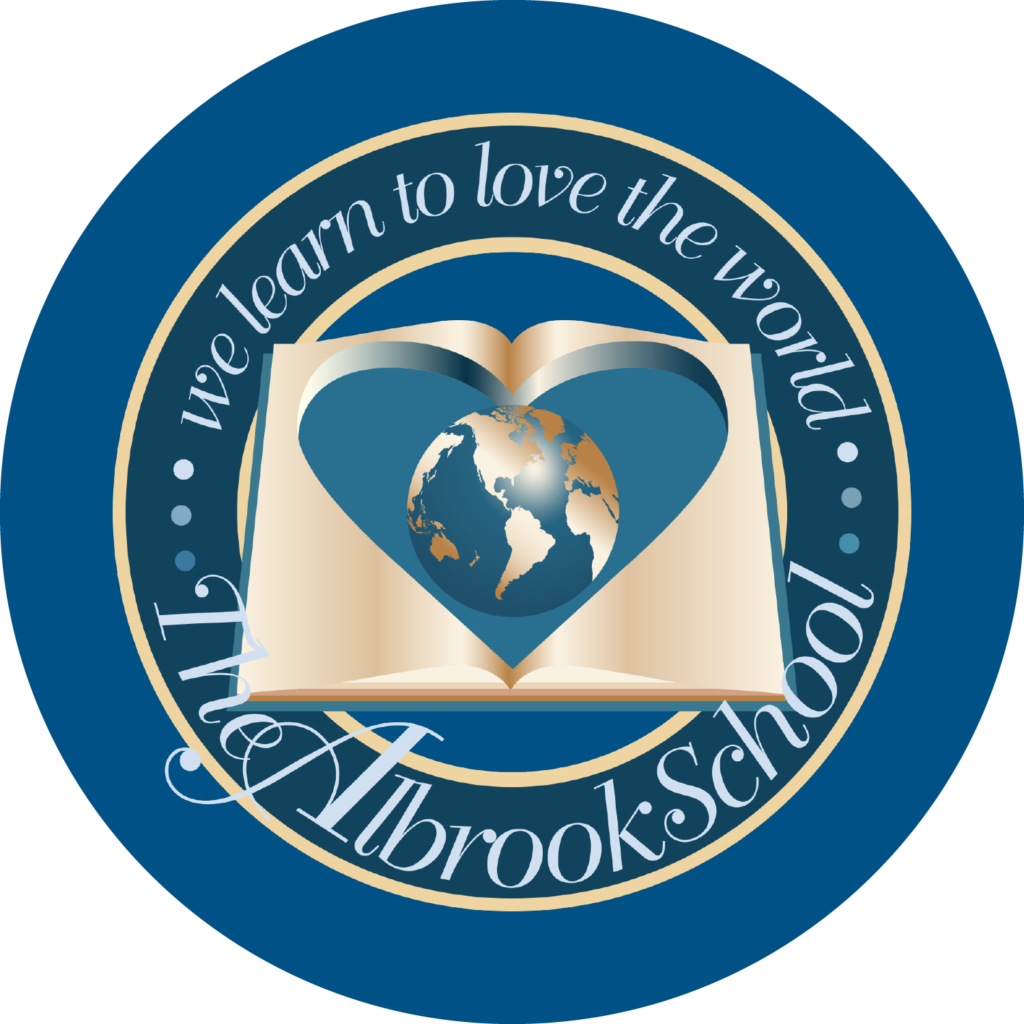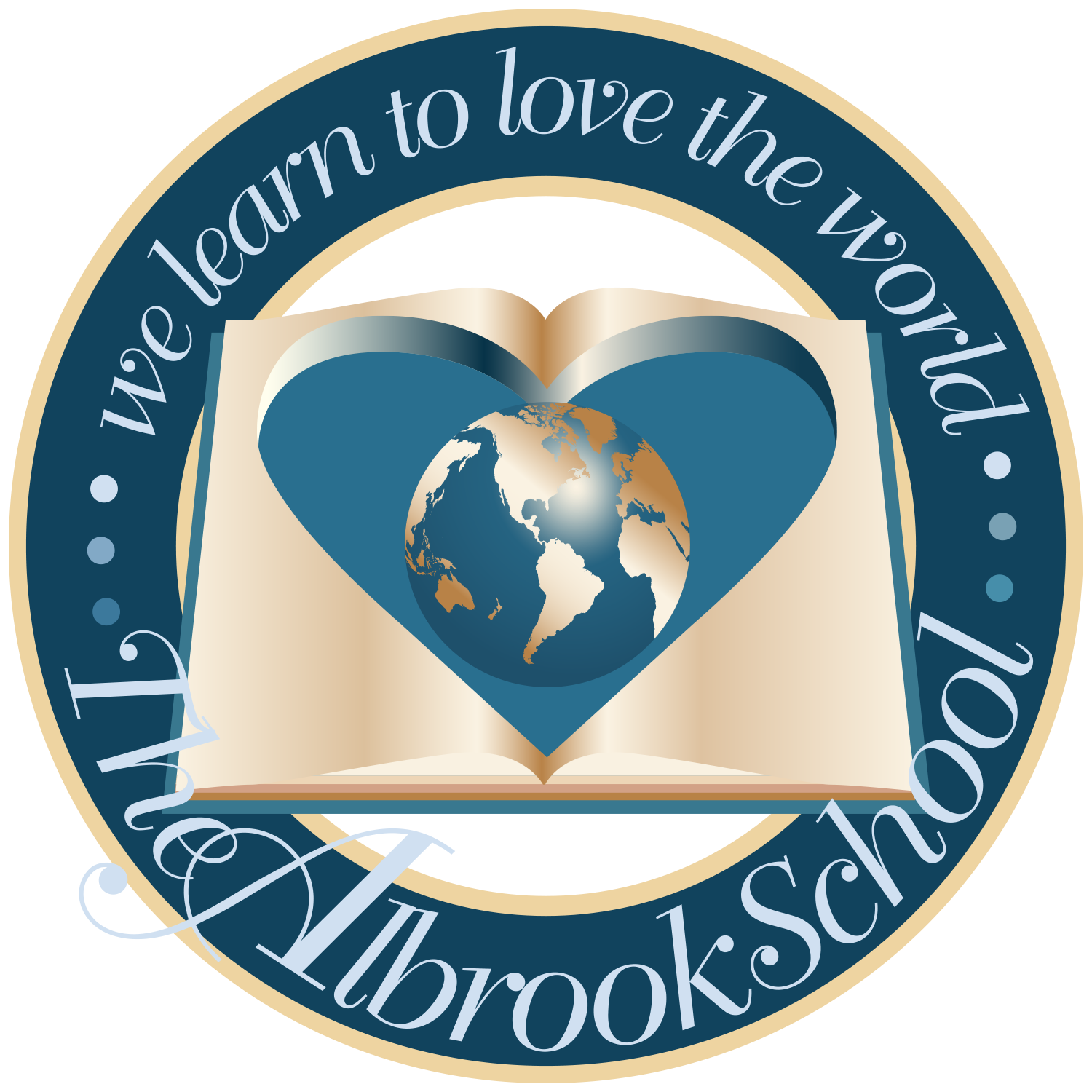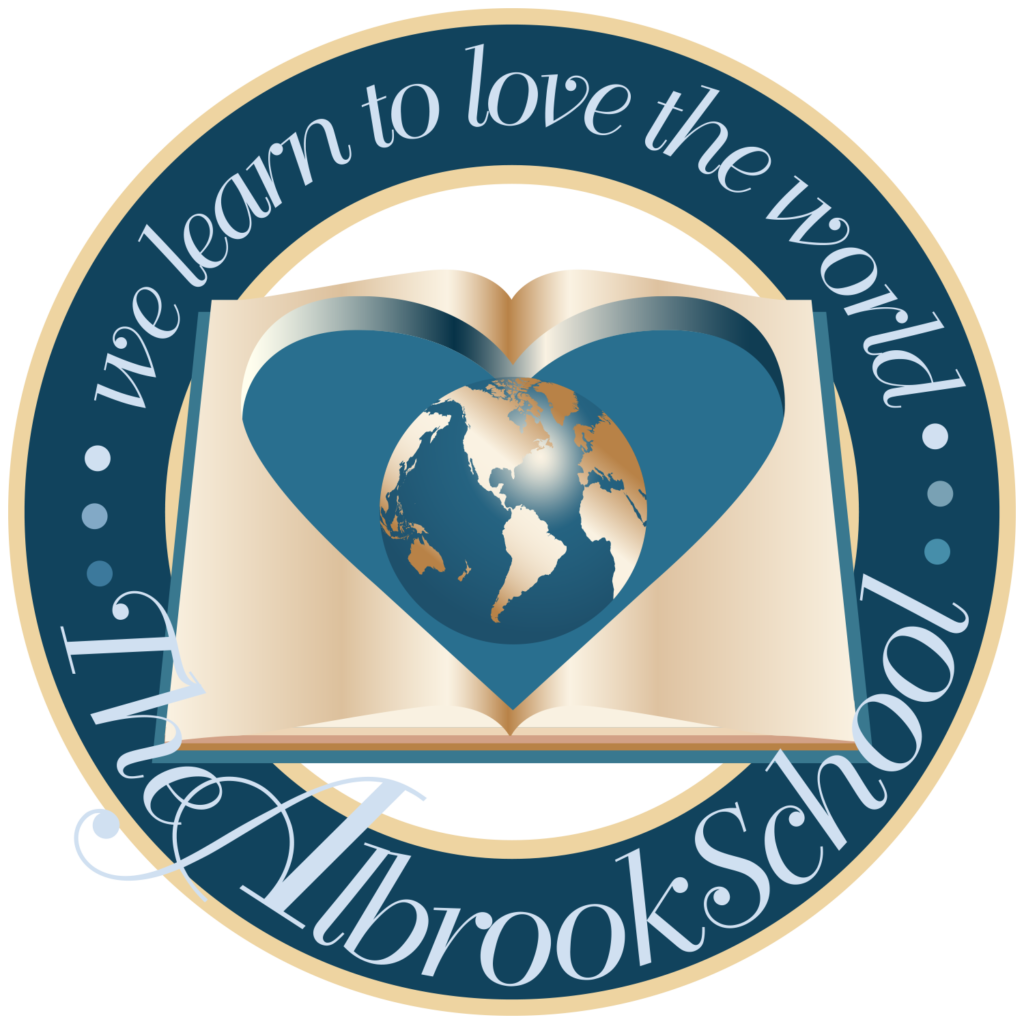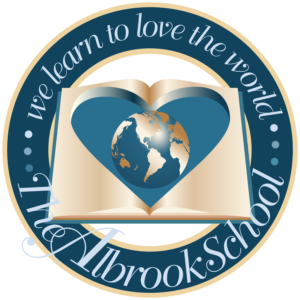Elementary Program
For children 6-12 years of age
Our Montessori Elementary program utilizes hands-on materials that spark the imagination, encourage a love of learning, and allow for an abstract, advanced understanding. Students truly appreciate being able to independently discover knowledge and joyfully approach learning. Engaging, individualized learning experiences support your child’s interests and abilities, nurtures a social dynamic that values collaboration and inclusiveness while, at the same time, allows for leadership opportunities. Our curriculum provides for the education of the whole child–social, emotional, physical, and academic. Our multi-age classrooms and social emotional curriculum nurtures a social dynamic that values collaboration and inclusiveness while, at the same time, allows for leadership opportunities.
Program Options |
Lower and Upper Elementary: 8:15 am – 3:00 pm Expanded Calendar Program: 7:30 am – 5:45 pm |
In the elementary program, students develop a sense of community based on tolerance and respect. Within our program, students evolve into independent, confident, responsible and self-motivated learners. Students appreciate assuming leadership roles within our community when they mentor peers and initiate community/global service projects.
The lower and upper elementary classes are ungraded, multi-aged classes. Children in the lower elementary program are 6-9 years of age, and children in the upper elementary program are 9-12 years of age. Assessment measures include the following: portfolios, daily observation, trimester progress reports and yearly ERB standardized testing.
Physical education, computers, Spanish, music, drama, art and library, and Social Emotional Learning (SEL) are a part of the weekly curriculum. The children have both an organized outdoor movement instruction and/or unstructured recess every day. Field trips, swimming, ice-skating, a yearly play and a three night stay at Frost Valley supplement the classroom activities. Children bring their own lunch.
Daily Routine
Students use weekly work plans consisting of self-directed learning, guided lessons and follow-up exercises. Students start their day with independent work from different curricular areas. Then, with guidance from trained Montessori teachers, the students receive individual and small group lessons. The students also enjoy an unstructured recess time followed by lunch. Students bring their own lunch; once a week, students are welcome to order a pizza lunch. Afternoons include a variety of special subjects including: computers, Spanish, physical education, music, art and drama, and group presentations related to the cultural curriculum.
Curriculum
The Elementary program is comprehensive, including the following curricular areas:
Our language program fosters literacy, creates capable writers and develops confident public speakers. Areas of study include:
- reading: fictional/non-fictional & literal/inferential comprehension skills
- writing: creative, poetry, descriptive,narrative, explanatory, informational and persuasive
- vocabulary
- word study
- etymology
- grammar
- sentence analysis
- spelling
- penmanship: manuscript & cursive
- punctuation
- oral language/public speaking
Our Elementary math program develops the mathematical mind though hands-on materials that allow the child to discover knowledge. Emphasis is placed on the practical applications of math with a focus on problem-solving and critical thinking skills.
- history of math
- time/measurement
- money
- operations
- geometry
- problem-solving
- real world applications
- fractions
- decimals
- percentages
- pre-algebra
- algebra
Our cultural curriculum provides a framework to understand the larger concepts while doing activities to master fine details. This cosmic curriculum provides a unique approach to the cultural curriculum, allowing the child to make meaningful connections and utilize critical thinking skills. These engaging learning experiences not only answer the many “Why?” questions children have at this age, but also spark their imagination. Cultural subjects include the following:
- history of the universe
- science
- geography
- social studies
- botany
- zoology
- physical sciences: chemistry, physics, simple machines, magnetism, light, sound, and electricity
- life sciences: botany & zoology
- STEAM
- history of the universe & astronomy
- geography: political, physical & cultural
- history & ancient civilizations
Our peace curriculum allows the child to realize his self-worth and the importance of being part of a community of caring children. Each child is supported in reaching his potential through a variety of lessons and activities which promote the following:
- respect
- grace and courtesy
- character education/values
- conflict resolution
Our Social Emotional Curriculum (SEL) curriculum allows students to develop emotional intelligence via CASEL’s Social Emotional Competences, focusing on self awareness, self-management, social awareness, relationship skills and responsible decision making. Students are given an opportunity to realize their self-worth and the importance of being part of a community. Each week, students are supported in reaching their potential through a variety of lessons and activities.
Sample topics include: managing emotions, recognizing strengths, resilience, respect, empathy, cooperation, conflict-resolution, goal setting and problem-solving.
Our anti-bias curriculum gives students age appropriate, thought provoking lessons related to multiple forms of bias and discrimination. Through discussion, literature, multimedia, role play, and other hands-on activities, students engage with topics in a safe and nurturing environment.
Sample topics include: racism, Civil Rights, gender bias, stereotypes, Islamophobia, and discrimination based on culture stereotypes, and/or discrimination based on religion, culture or disabilities.
Special Events
This is an introductory meeting between students and teachers to introduce children to the classroom on the Friday before the first week of school.
Our yearly Back to School night gives parents an opportunity to meet each other, see their children’s classrooms, and hear from administration and teachers regarding pertinent information for the year ahead.
This is an opportunity for parents to come into the classroom and work with their child.
The students go on outings to supplement their studies in the classroom, visiting a variety of historical sights, museums and performances. Students will also have multiple opportunities to go on class trips to environmental centers, parks and wildlife refuges to learn about the natural world. A variety of environmental educators are also invited to share their expertise and bring in real animals and specimens to complement the science curricula throughout the year. We take advantage of our lovely 6 ½ acre campus for outdoor exploration and observation. We utilize outdoor spaces and a children’s garden to further supplement our botany and zoology studies.
The students go on outings to supplement their studies in the classroom, visiting a variety of historical sights, museums and performances.
This is a school wide event to celebrate the cultures of the world through song, dance and music. Through music, traditional clothing, presentations, and food, students enjoy sharing and learning about world traditions and customs.
Grandparents are invited to come into the classroom and spend an hour with their grandchild. Children have an opportunity to share their work and friends with their grandparents.
The physical education program is complemented by a series of swimming lessons at Berkeley Aquatics in the spring.
Using Orff instruments, recorders and singing, the students showcase their musical talents via a winter and summer recital. Both traditional music and music from around the world are featured at the recitals. Twice a year, students perform musical ensemble pieces that have been created in their weekly music class. Using Orff instruments, recorders, ukuleles and voices, each student has an opportunity to participate in collaborative music making. Repertoire ranges from composed instrumentals to traditional and familiar songs with accompaniment.
Each year, elementary students perform in a full-scale musical theater production on the Albrook stage. Additionally, various drama projects connected to the curricula are presented throughout the school year.
At the end of the school year, the children enjoy a sleepover camp experience with their teachers and classmates for 3 days and 2 nights at Frost Valley YMCA camp in the Catskill Mountains . This is a wonderful opportunity for children to further develop their sense of independence while cultivating a love of nature and a sense of stewardship. Classes at Frost Valley are designed to build community, develop trust, expand environmental knowledge, improve self-esteem, and challenge each child to reach his potential.
A variety of environmental educators are invited to share their expertise and bring in real animals and specimens to complement the science curricula throughout the year.





